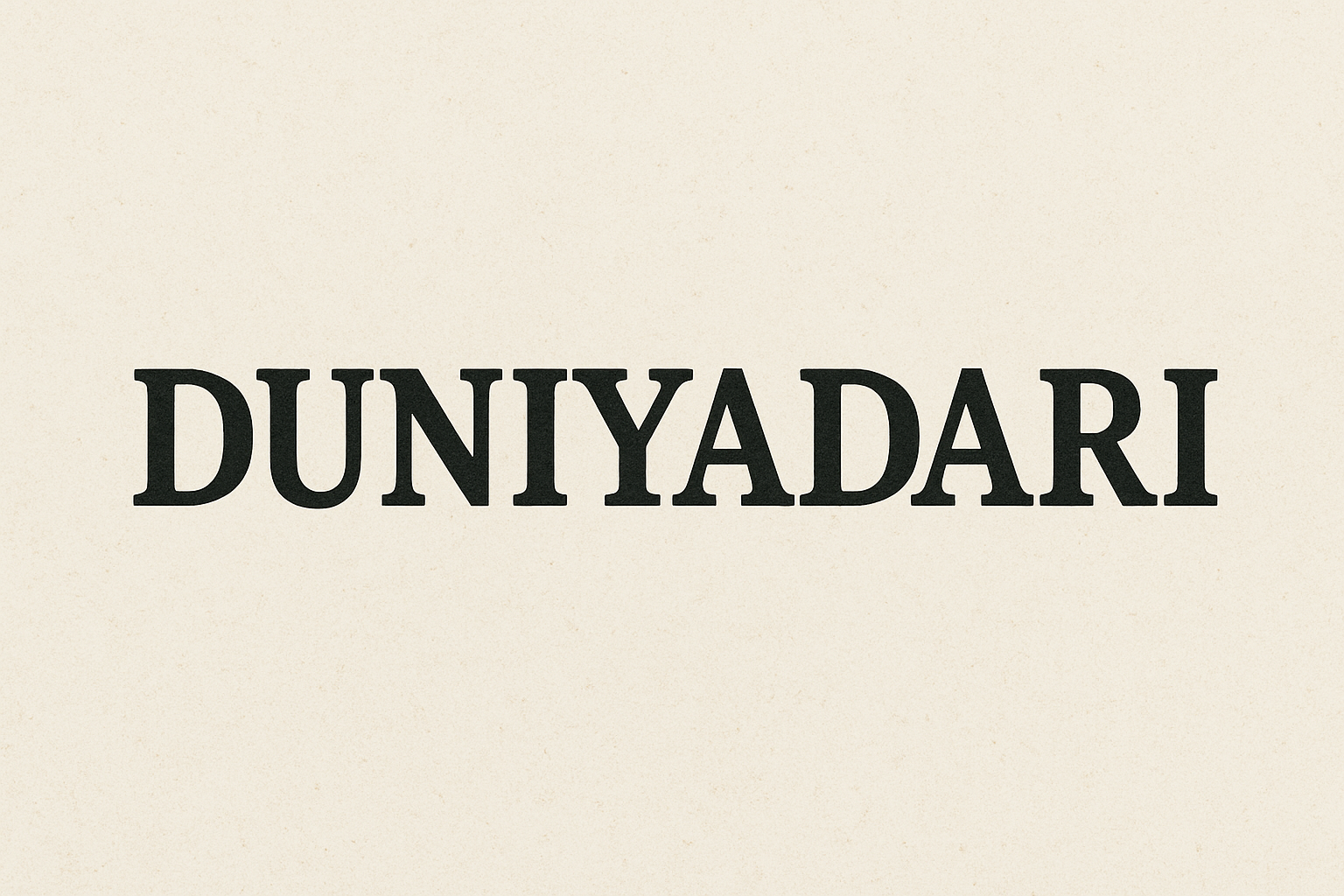The Delhi High Court has advised Zee Media Corporation to consider altering its logo in an ongoing trademark dispute with the India Today Group. The case revolves around the title “Duniyadari,” which both media houses are using for their news shows.
The Dispute
India Today Group, through its digital platform The Lallantop, has been running a popular show called Duniyadari since 2020. The programme attracts millions of views, with some episodes crossing 8.5 million views. The company claims strong goodwill and recognition for the mark.
Zee Media launched a Punjabi-language show with the same title, written in Gurmukhi script. India Today alleged that the use of “Duniyadari” in any form amounts to infringement and passing off, even after Zee removed a globe symbol from its logo.
Zee’s Argument
Zee Media argued that “Duniyadari” is a common Hindi expression that means “worldly affairs.” It said no company can monopolise such a generic term. The broadcaster further stressed that India Today’s registration covers only a stylised label and not exclusive rights to the word itself. Zee also referred to the 2013 Marathi film Duniyadari as proof that the term has long been in public use.
Court’s Observations
Justice Tejas Karia noted that the similarity between the two marks could confuse viewers who can read both Hindi and Gurmukhi. He said the marks appeared “prima facie deceptively similar.” The judge suggested that Zee could consider changing its logo if it wished to avoid prolonged litigation. However, he clarified that this was not a final ruling.
Next Steps
The Court directed Zee Media to file its reply by August 22, 2025. The matter will be heard again on September 2, 2025.
India Today expressed openness to resolve the matter through negotiation but maintained that Zee must stop using the “Duniyadari” mark if a settlement cannot be reached.
The case highlights the growing conflicts in India’s media industry over trademark ownership, especially when popular content crosses into multiple languages and regions.





